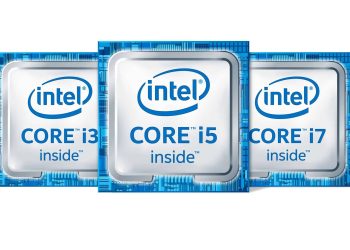Reports of AMD Ryzen 9000-series CPUs failing on ASRock motherboards have caused concern among PC builders and gamers. ASRock has now explained the cause and is releasing a BIOS update to reduce power limits that seem to be pushing these chips too hard.
Last year was tough on hardware reliability, with issues like Intel CPU crashes and RTX 50-series power cable problems making headlines. The Ryzen 9000 CPU deaths have been added to this list, mostly affecting ASRock motherboards. While other brands saw fewer issues, ASRock has stepped forward with an explanation that might clarify things.
ASRock told Tech YouTuber Tech Yes City that the problem arises from Precision Boost Overdrive (PBO) being set too aggressively. PBO allows AMD processors to automatically adjust power, voltage, and clock speeds based on conditions like temperature. However, the current limits set by ASRock on their high-end 9000-series motherboards, although within AMD’s official range, resulted in amperage spikes that the CPUs struggled to handle.
This excessive power delivery appears to be the main culprit behind the CPU failures. ASRock is now lowering these limits to levels similar to those used by MSI, Asus, and Gigabyte to avoid pushing the chips beyond safe thresholds.
Tech Yes City had previously suggested that voltage spikes might be damaging Ryzen CPUs. ASRock’s internal testing showed their boards delivered lower average amperage than competitors, but experienced higher spikes. This detail complicates the question of responsibility. If ASRock operated within AMD’s guidelines, how much blame lies with the motherboard maker? AMD maintains its chips aren’t inherently faulty and points to memory compatibility issues as a cause of some boot failures.
But if other manufacturers have been using lower current limits without problems, it does make you wonder if ASRock could have acted differently from the start.
ASRock is rolling out a BIOS update to adjust these power settings. If you own a high-end ASRock motherboard paired with a Ryzen 9000 CPU, it’s a good idea to apply this update soon.
What remains unclear is whether CPUs already exposed to these conditions suffer permanent damage. Intel’s recent CPU issues required full replacements, which is a costly problem for users. If Ryzen CPUs have been harmed, questions about warranty coverage and liability between AMD and ASRock will become necessary.
More communication from AMD and ASRock would help clarify the path forward for affected customers. Have you experienced any issues with Ryzen 9000-series CPUs or ASRock motherboards? I’d love to hear your thoughts and experiences in the comments below.

























